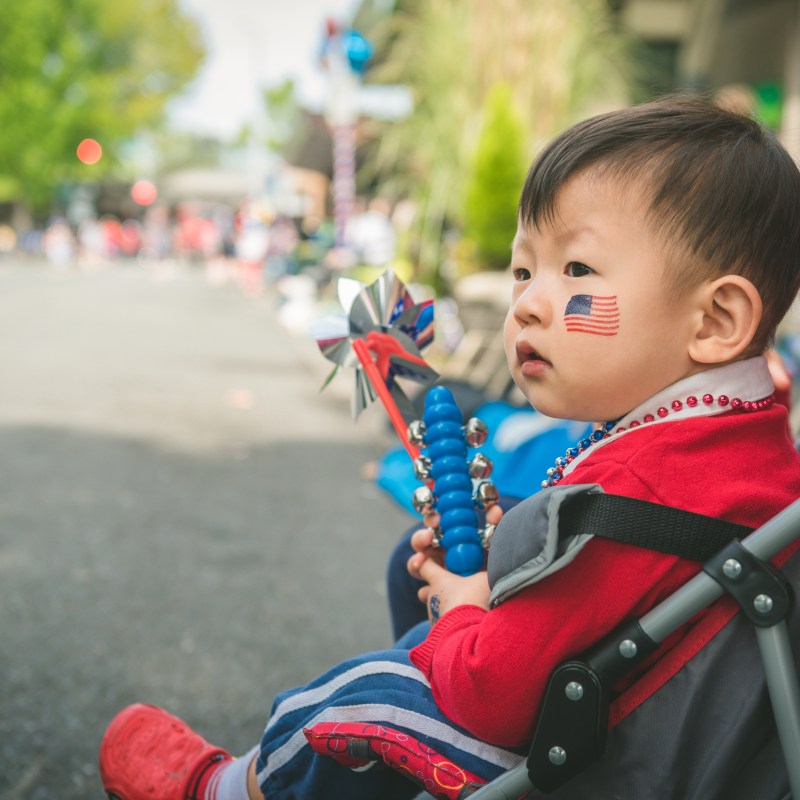
Storms, floods, and fast winds—it’s gearing up to be a temperamental Fourth of July.
Videos by TravelAwaits
At least, according to meteorologists.
This year, Americans are expected to head out in record numbers for annual 4th of July celebrations. Part of that reason is the date; this year’s Independence Day falls on a Friday, giving Americans the perfect three-day weekend. According to AAA, that number could rise to over 72 million travelers.
Expect roads to be busy and airport terminals to the packed—even as early as July 1.
You might also want to plan ahead for inclement weather. Upwards of 20 tornadoes tore across the upper Midwest this last weekend, with more severe storms and powerful tornadoes expected to come in the next few days. The Southeast could also weather serious tropical storms.
Meteorologists say storms could come over the 4th of July
Poor weather over the 4th of July is a crushing blow for Americans who look forward to their pool days, barbecues, and family catch-ups. But here’s the good news: the US is massive, meaning inclement weather in one region might not affect another.
According to longer-term weather forecasts, the regions that are likely to see poor weather and/or rain are:
- Upper Midwest: Rain, possible storms, and tornadoes
- Southeast: Rain and storms, including heavy tropical storms
If you’re flying out of Hartsfield-Jackson Atlanta Airport, look out for heavy storms and flooding. The area dealt with severe flooding over the weekend, which has already led to several delays at the airport.
Additionally, if you’re heading to Florida, beware of tropical storms. While it’s been a relatively quiet hurricane season, there’s a chance that tropical storms will form around July 4th and lead to a rainy weekend.
What should you do if you’re affected by the weather?
There are a few different ways that you can (and should) plan ahead for this week’s poor weather if you’re in the Upper Midwest or Southeast.
If you’re driving, keep a close eye on weather updates via apps. Prepare for extensive travel delays by giving yourself enough time to get to your destination. If possible, consider leaving earlier in the morning or even traveling at night to avoid bumper-to-bumper traffic leaving cities. If it looks like you’ll be driving through a storm, delay the journey—don’t try to drive through heavy tropical storms or tornado-producing fronts.
If you’re flying from a hub like Miami or Atlanta, make a few backup travel plans in case your flights are delayed for long periods. That might mean finding someone to stay with (or finding a reliable hotel near the airport) to deal with overnight delays. It might also mean keeping your eye on backup flights in case yours is canceled or delayed.
